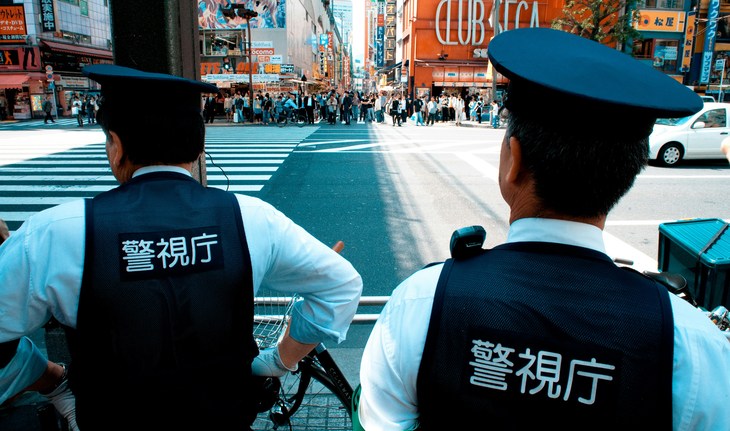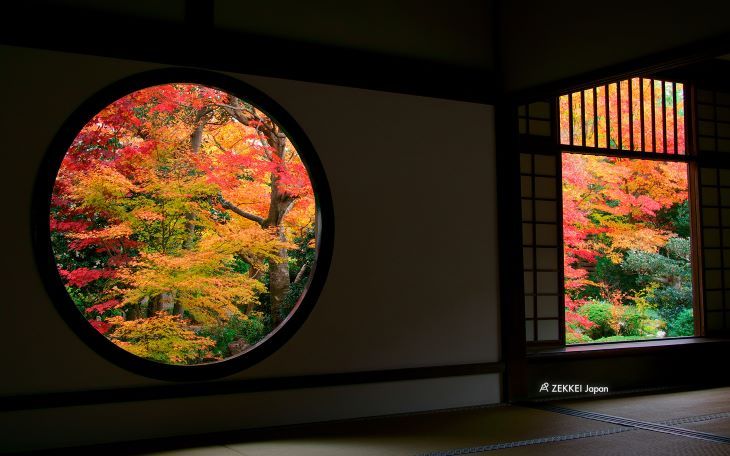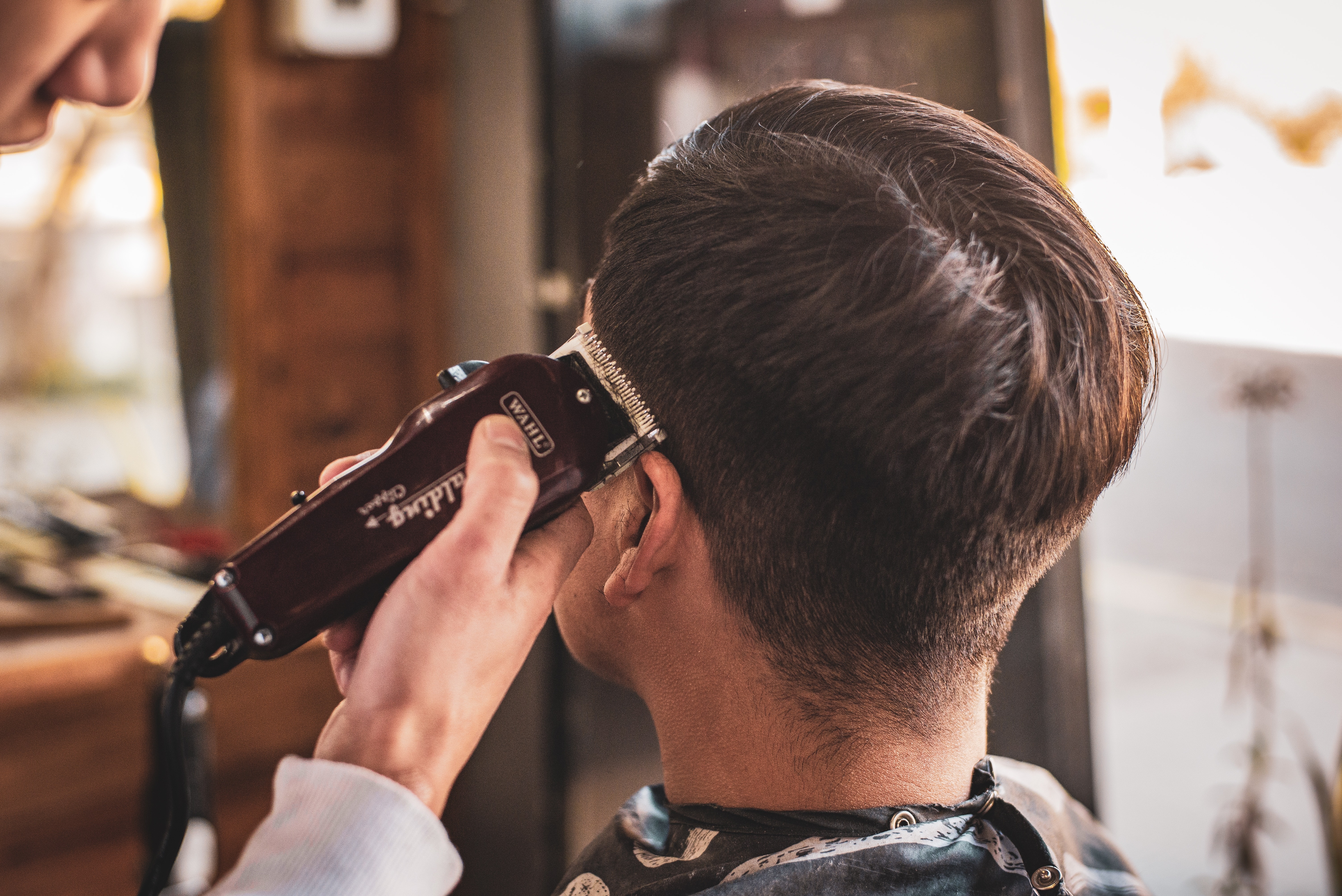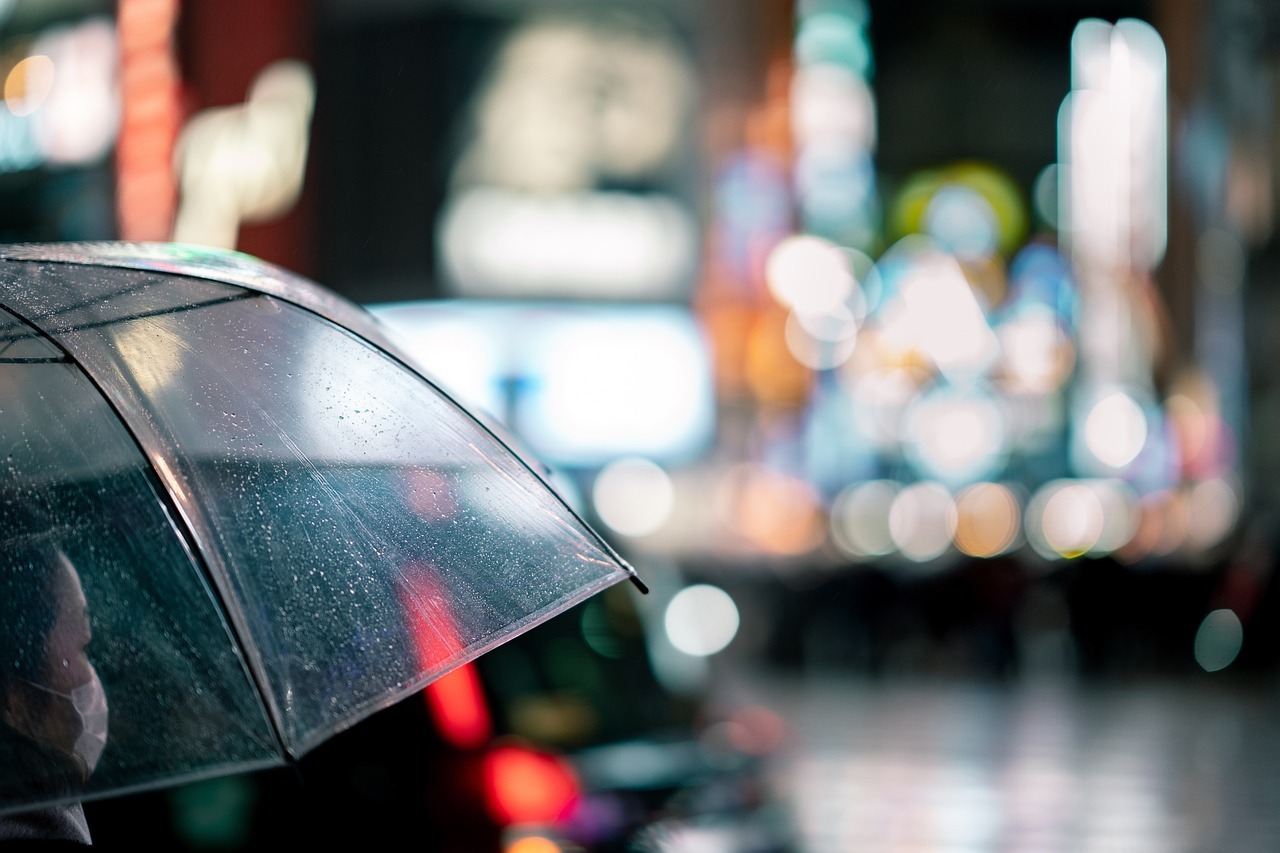How to Stay Safe from Crime in Japan
While Japan is known to be a safe country, that doesn't mean that it is completely devoid of crime. That's why it is still important to take precautions to keep yourself, your possessions, or even your home safe.
So let's take a look at the most common crimes in Japan, how to protect yourself from these crimes, and look at some security options for yourself and your home.
Common Crimes in Japan and How to Protect Yourself
Perhaps because there is not much violent crime, Japan is thought of as quite safe compared to other countries in the world. But there are still crimes that are quite common here, so let's take a look at how to protect yourself from them.
・Petty Theft
Petty theft is the most common crime in Japan, often happening in crowded areas such as train stations, shopping centers, and tourist destinations. Even though you'll hear stories of people leaving phones on trains and managing to get them back without any problems, this doesn't mean nobody steals in Japan.
A good rule of thumb is to always keep an eye on your personal items, and if you carry around valuables, consider investing in a theft-proof bag.
・Bicycle Theft
Since cycling is such a popular mode of transportation in Japan, the incidences of bike theft are also fairly high.
If you ride a bike and want to make sure it can't be stolen, use two locks: one for the frame and another for one of the wheels. Also, parking your bike in well-lit, busy areas can help deter thieves.
・Scams
There are a range of different scams in Japan, ranging from simple ploys like rigged ATMs and overcharging in bars to more complex schemes targeting unsuspecting tourists and elderly citizens. A common scam seen in areas like Kabukicho is for "all-you-can-drink" bars to charge an exorbitant number of bogus fees after tempting tourists into the bar with cheap drinks. Scams like these can lose you hundreds to thousands of dollars, and it can be very difficult, if not impossible, for police to help you.
Be sure to familiarize yourself with common scam tactics in Japan to the best of your ability. If you ever receive any unsolicited offers, be cautious. If it sounds too good to be true, it probably is a scam.
Security Products Available in Japan
If you are looking for some added security that requires no or minimal setup, be it for yourself or for your home, there are options available for you.
・Personal Alarms
These devices are invaluable if you feel vulnerable while you are out, especially at night. They are small, easily activated, and can deter attackers by drawing attention with a loud noise.
・Anti-Theft Backpacks
These backpacks are pricier than regular backpacks but are packed with security features. They usually have hidden compartments, and RFID-blocking materials, and are made from slash-proof fabric. By keeping your valuables in bags like these, it will be much more difficult for people to steal from you.
・Security Cameras
There are many security cameras available for sale in Japan, and generally feature motion detection and night vision, and often can be checked and controlled remotely from your phone. These can be a reliable choice to help protect your home.
Home Security in Rental Apartments
While many rental apartments come with built-in security features like auto-lock systems and surveillance cameras, they are not immune to crime. In fact, rental apartments are a popular target for burglars in Japan, so it can be worth it to invest in extra security if it is not provided by the rental. Let's look at how to get extra home security set up, as well as some popular security companies in Japan.
・Setting Up Home Security in a Rental:
1. Consult with the Landlord or Property Management: If you own your home or apartment, it is easier to set up security. But if you're renting, you'll need to ask for permission from your landlord or property management company first. Once you get their permission, you can move on to the next steps.
2. Choose a Security Company: There are various home security companies in Japan, ranging in size. The choice of company will affect the type of service, ease of use, and cost, so take your time to do research and choose carefully. The company's size, number of locations, track record, the responsiveness of the staff, and the quality of training may all significantly impact the quality of service and, therefore, your home's safety. If you are serious about installing home security in your home, be sure to compare all the options available to you.
3. Sign a Contract & Have the Security Equipment Installed: Before signing any contracts, be sure to request quotes from multiple companies! Once you are happy with your choice of security company and sign a contract, they'll come to your apartment and install the necessary equipment (unless the equipment can be installed independently). Depending on the kind of equipment being installed, they may need to do some rewiring in your apartment, and the setup could take a whole day.
After the equipment is set up, you'll receive explanations about using the cameras or other security equipment. From then on, your apartment will have that extra layer of protection.
・ Home Security Companies in Japan
Here are some popular home security companies capable of setting up and monitoring both owned and rented properties.
ALSOK offers a security system that detects break-ins, fires, and gas leaks, alerting guards to respond. This security can even be used at properties without internet access. Pricing starts at ¥3,000 monthly, with initial costs of ¥35,000 for installation and ¥139,800 for equipment if you buy the equipment. The rental plan costs slightly more at ¥5,420 monthly.
Learn more here.
Leafee is a retrofit home security solution requiring no installation. All you need to do is attach sensors to windows that will detect and alert you to any openings via your smartphone. Its purchase plan costs ¥980 per month for those with internet access, and ¥1,480 for those without. Installation is free, and the system is primarily geared towards users who want to set up security on their own.
Learn more here.
Secual offers a casual home security service designed for easy self-setup, with sensors that notify users of any door or window disturbances. The minimal initial setup cost is around ¥10,000, making this option much more affordable than some others.
Learn more here.

























